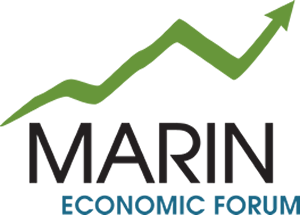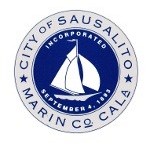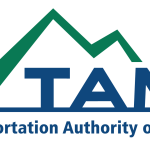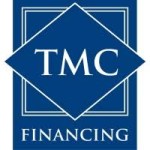Marin businesses brace for more virus duress
April 18, 2020
Faced with plummeting sales and growing uncertainty over when life will return to normal, many businesses across Marin are bracing for more economic challenges in the weeks and months ahead as local and state leaders begin to consider slowly lifting coronavirus restrictions.
Tim’s Treads, a San Rafael tire shop, has stayed open throughout the shutdown, but sales have plunged by more than 70%, said owner Tim Falvey.
“There’s just not a lot of cars on the road,” he said. “And people who are staying home don’t need to change their tires.”
Falvey applied weeks ago for a disaster loan through the federal Small Business Administration, but he’s heard nothing about the status of his application. He also applied for a slice of the administration’s Paycheck Protection Program, but was notified on Friday that the funding has dried up.
Gov. Gavin Newsom announced this week that he plans to roll back the statewide stay-at-home order in phases. Marin County Public Health Officer Dr. Matt Willis, who has the authority to set rules that are more stringent — but not less — than those imposed by the state, has said he is coordinating with other Bay Area health officials and plans to take a similar approach to what Newsom outlined this week. Marin’s stay-at-home order will be extended beyond May 3, Willis said in a video announcement Thursday, but with certain mandates lifted.
For restaurants, a phased approach toward normalcy could mean reopening with reduced seating capacity, Newsom said. Servers may be required to wear masks and gloves, and customers may be given a temperature check before walking inside.
Duilio Valenti, who owns the Italian restaurant Valenti & Co in downtown San Anselmo, isn’t confident that customers will come streaming in under those restrictions.
“Would you go to a restaurant where everybody’s wearing a mask and gloves?” he said. “At that point you might rather stay at home.”
Valenti’s restaurant is offering takeout service during the shutdown, but sales are down about 80%, and he’s cut his staff of 12 down to three.
“I’m grateful that our customers have shown up and shown support for us,” he said. “But it’s definitely a different business.”
Sam’s Anchor Cafe in downtown Tiburon would normally be gearing up for its busy summer season. The Moana Group, a restaurant management company that bought Sam’s in 2018, completed a major remodel of the waterfront restaurant last year, and got a permit from the Tiburon Town Council that allows the business to host concerts on its back deck. But the restaurant has been shuttered since mid-March, and most of the 80 staff members are out of work for the time being, said co-owner Conor Flaherty.
“The workers are the ones who really take the brunt of this,” Flaherty said.
In March, 8,868 Marin County residents filed unemployment insurance claims, a figure that is 12 times higher than the 606 claims filed in February, according to the Marin Economic Forum.
It’s difficult for economists to predict the long-term effects that the coronavirus pandemic could have on Marin’s economy, said Robert Eyler, chief economist for the Marin Economic Forum, during a teleconference town hall meeting hosted this week by state Sen. Mike McGuire, D-Healdsburg. That’s in part because of the uncertainty around when stay-at-home regulations will be lifted, he said.
If most regulations are lifted this summer, he said, the economy could return to where it was before the pandemic by 2022.
“There’s a lot of discussion about this being the same depth as the Great Depression,” Eyler said. “That may be true in terms of initial depth, but no economist right now is forecasting that we will have a decade seemingly lost because of this episode.”
“We should recover more quickly than we did in both the Depression and maybe the Great Recession,” he said, “but the Great Recession is probably a relatively good gauge about where we might be going.”
The state Employment Development Department said Friday that Marin’s unemployment rate for March was 3%, which was up from 2.3% in February, but remained among the lowest in the state. A research specialist for the department, Jorge Villalobos, cautioned that the figure came from data collected in mid-March, prior to the closure of schools and many businesses. It’s too early to quantify the pandemic’s toll on the job market, Villalobos said.
For Stephanie Schreiber, who owns the Red Dragon Yoga studios in San Rafael and Mill Valley, surviving the economic dip has been a matter of adjusting to the new coronavirus restrictions. The company’s yoga teachers now film their classes at home or in the studios, and students can tune in live online.
Though revenue has declined, many clients have maintained their memberships and kept up their yoga routines with the virtual classes, and yoga students as far away as Florida have paid drop-in fees to join in, Schreiber said.
“You just have to keep going,” she said. “When times are challenging, you roll up your sleeves and adapt.”
Be the first to receive updates and news from MEF by subscribing or liking us on our social media pages: Facebook, Twitter, and LinkedIn!
Tags: news














